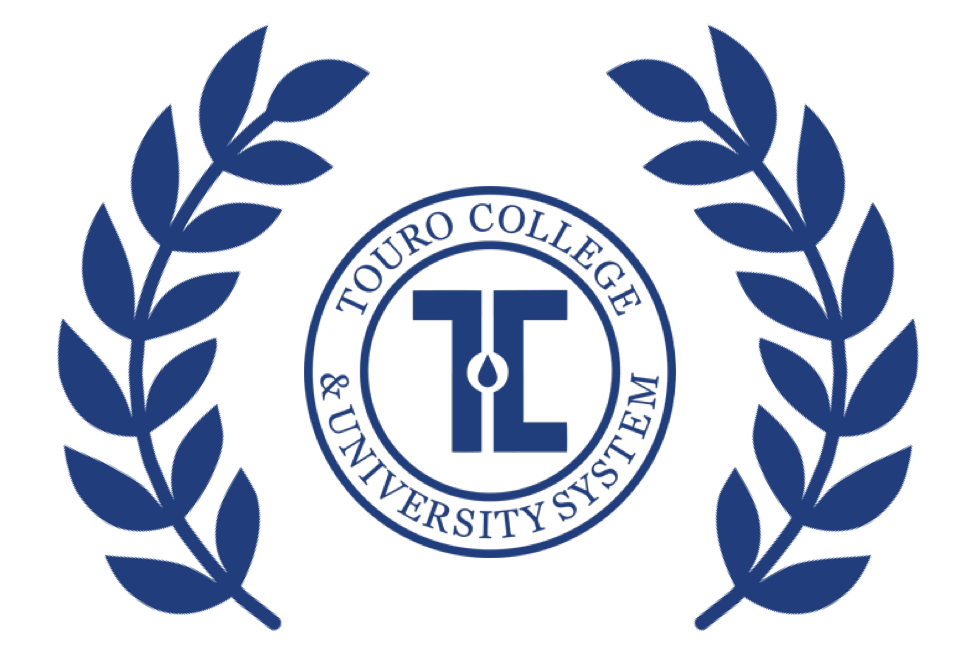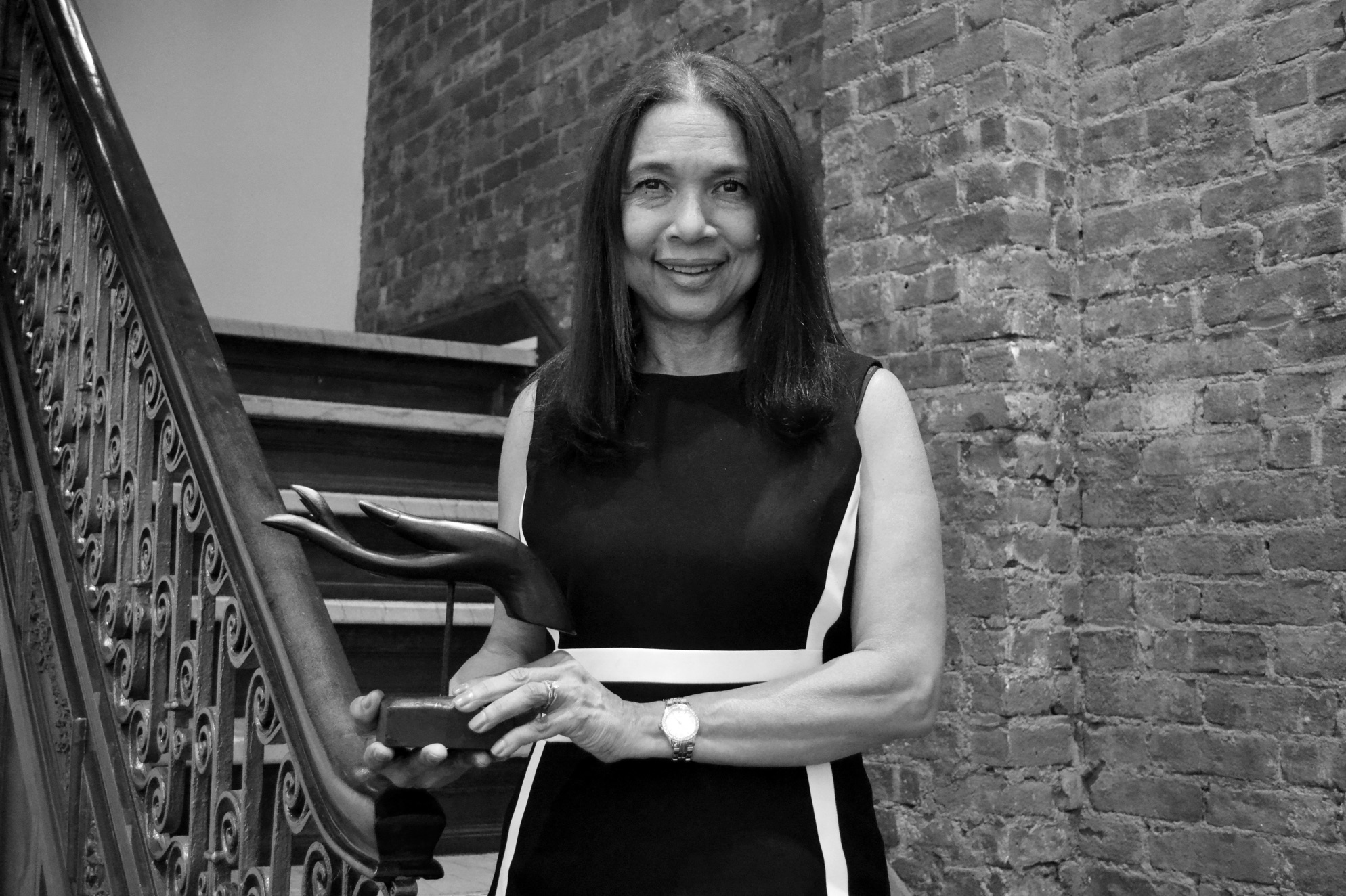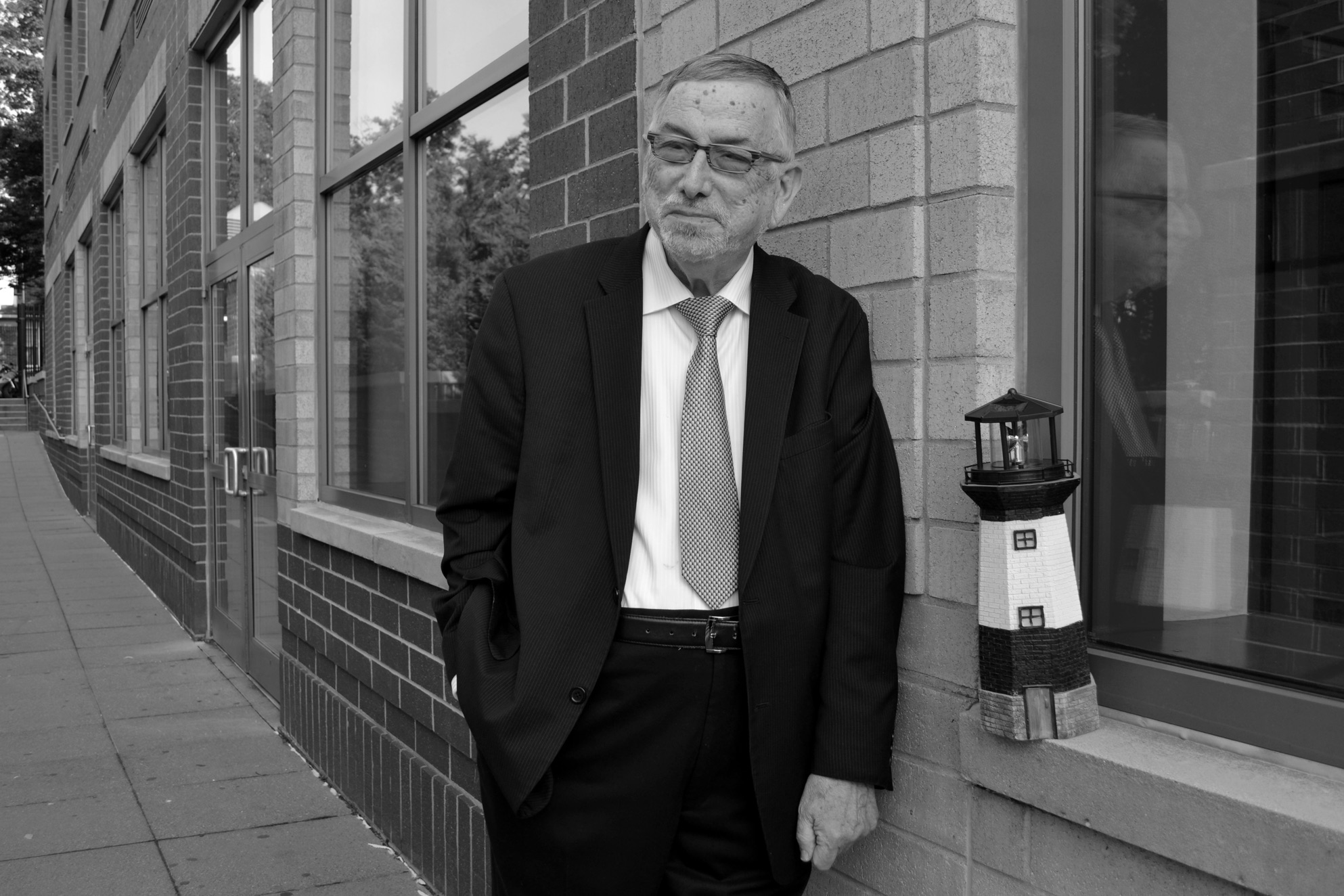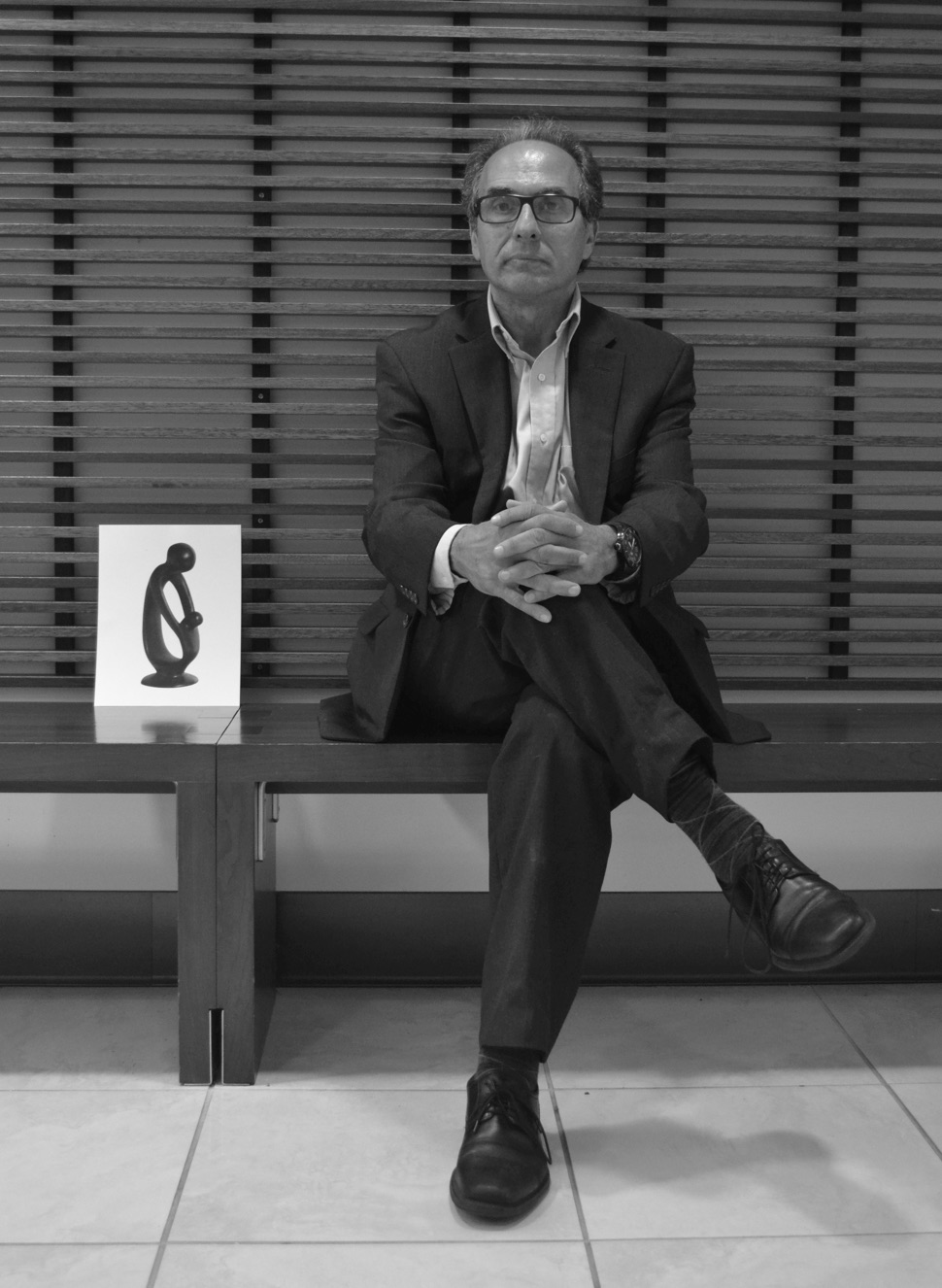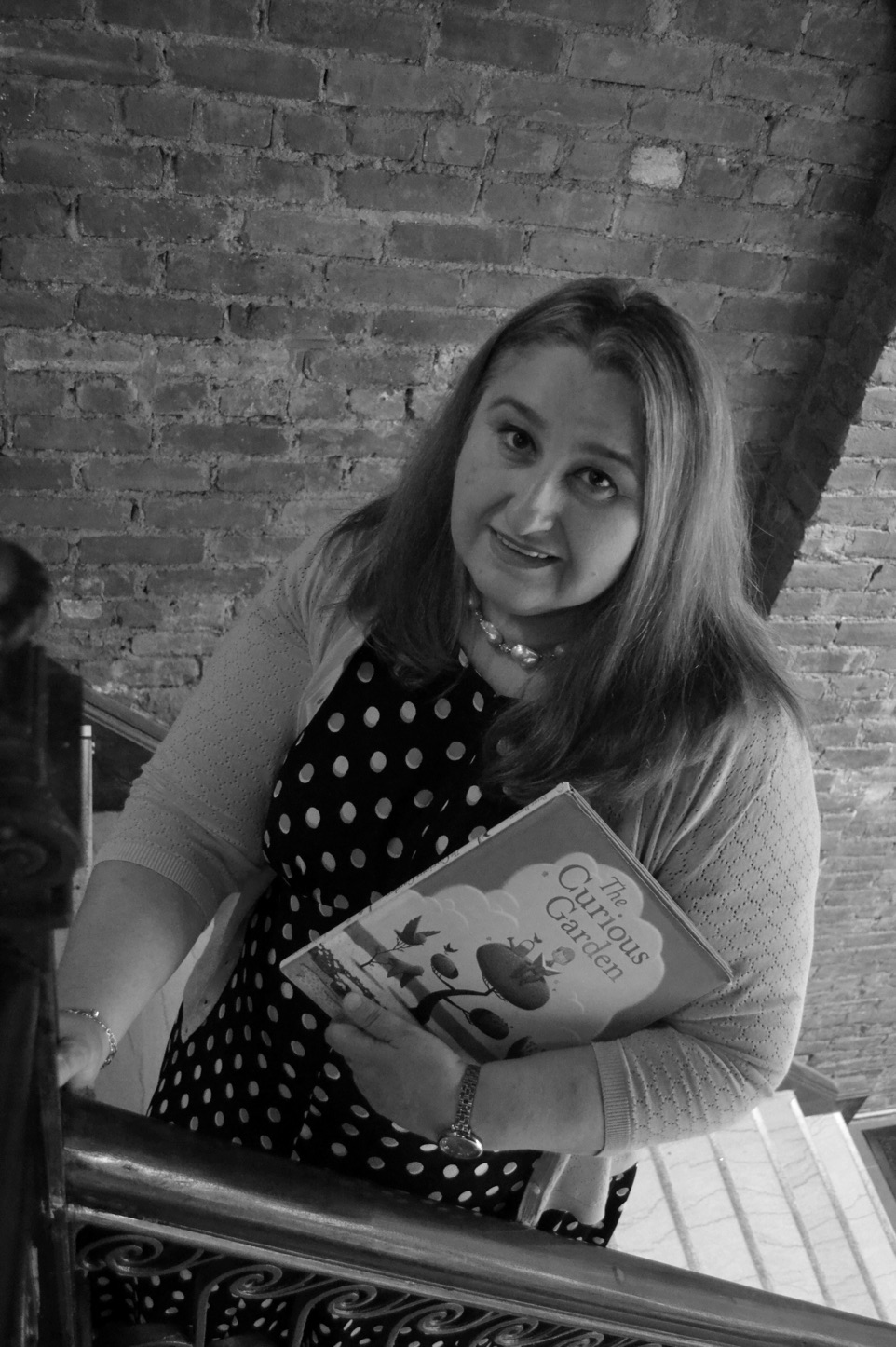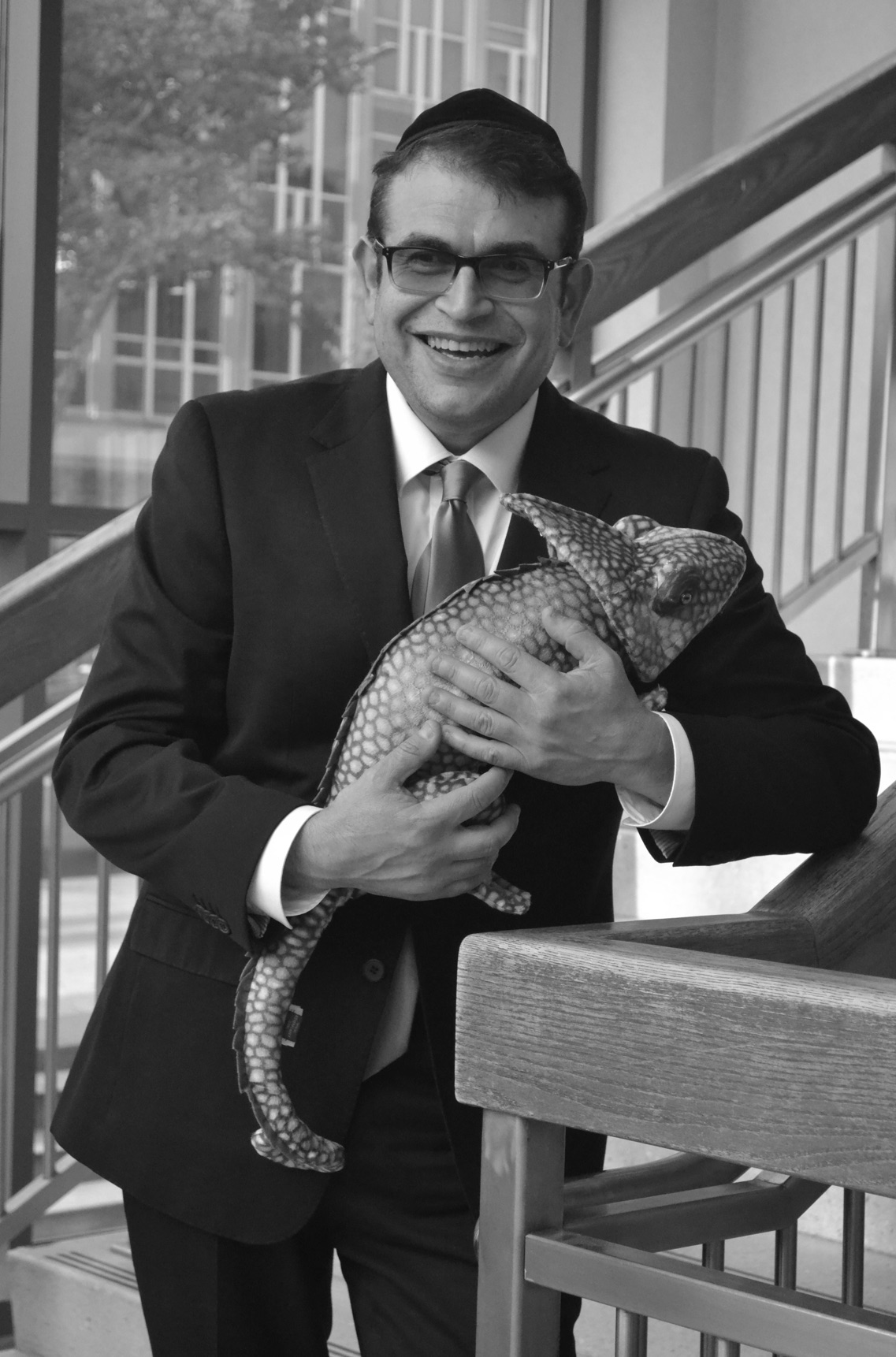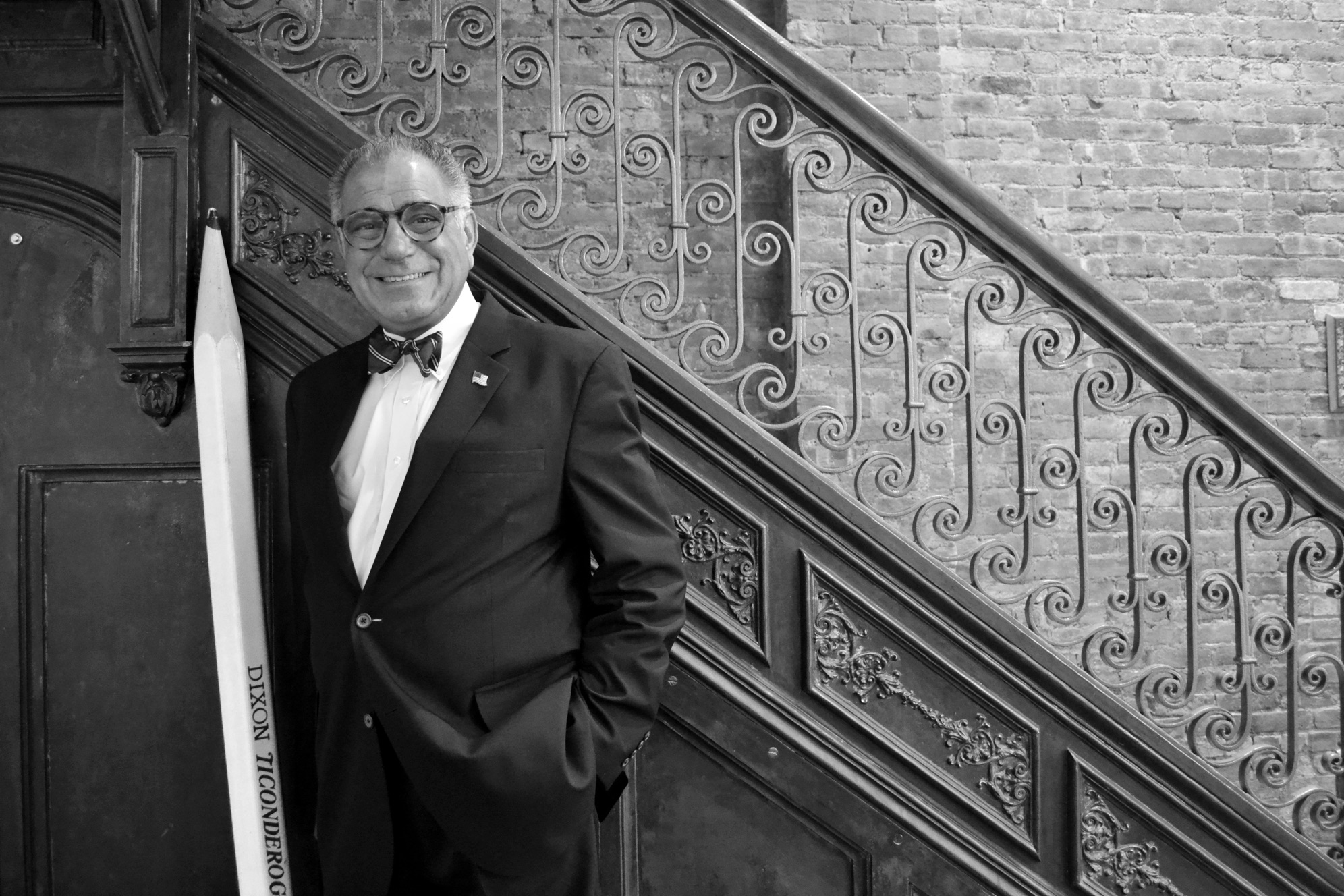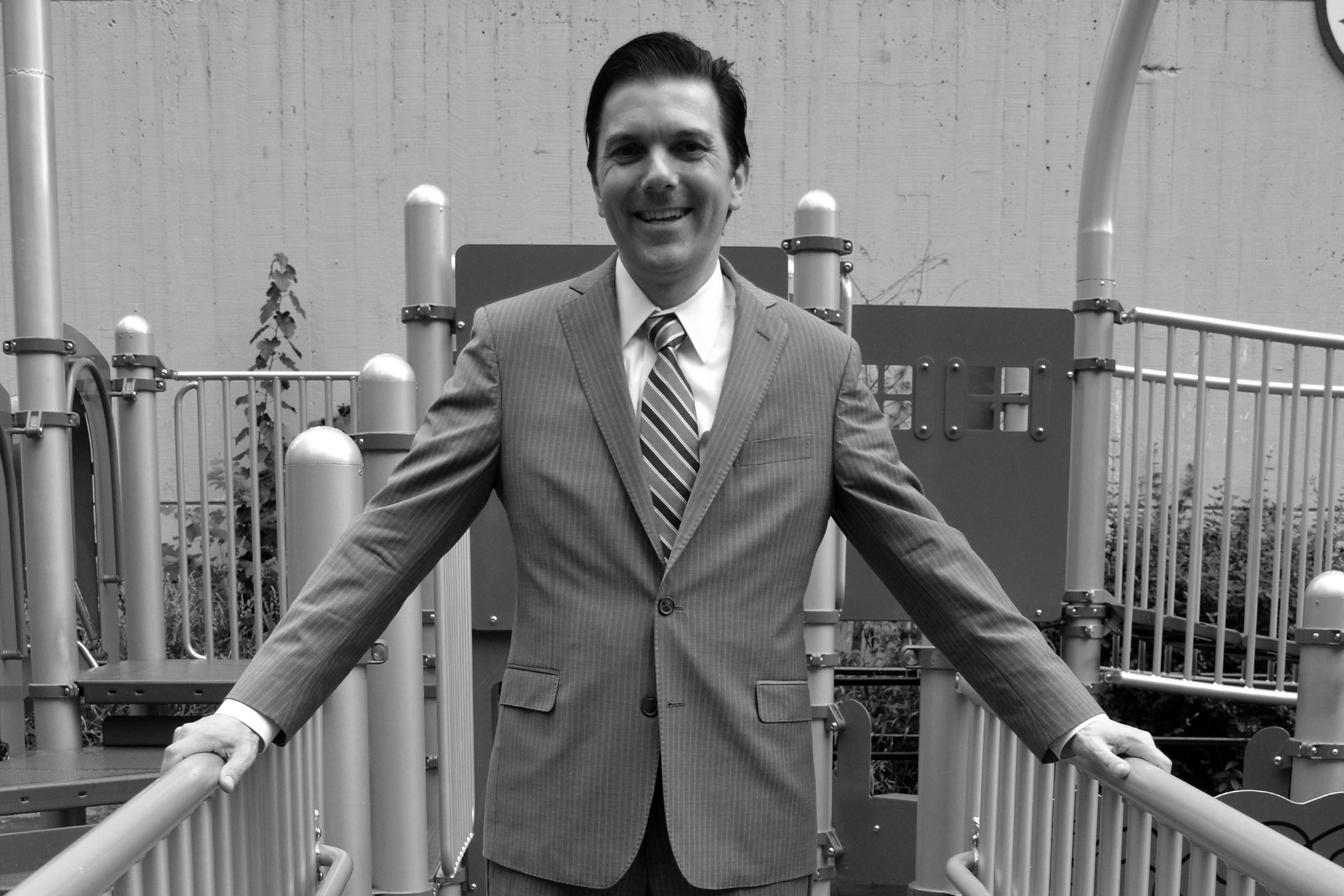“Psychology is like this magical tree that has branches connected to everything. You just have to know what to do with it,” so says New York School of Career and Applied Studies (NYSCAS) professor Abraham Goldstein.
And true to his word, Goldstein, who began lecturing in 2012, teaches a myriad of courses in the psychology field. Part of his eclectic course load stems from the eclectic life the professor has led.
Goldstein traces his interest in teaching to a lone incident. At the age of seven, he was diagnosed with a severe life-threatening case of asthma and sent, by himself, to The Jewish National Home for Asthmatic Children, a research hospital and convalescent home, in Colorado. “I made myself a promise,” Goldstein recalled. “If I got out of this in one piece I’d spend the rest of my life helping people.”
He did, and returned home two years later. He attended Torah Vodaath Seminary, a private high school and rabbinic seminary, before studying at Brooklyn College. He began his graduate work at Long Island University.
“I couldn’t decide between studying education and psychology,” Goldstein remembered. “William James said, ‘If you can leave this world a better place, you’ve done a lot.’ I felt I could do more with psychology.”
In the midst of his studies, he heard about a rare opportunity: a fragile Orthodox community in Virginia needed a rabbinic leader. Goldstein, an ordained Orthodox rabbi, and his wife, moved to Virginia in 1973.
“We were the only Orthodox synagogue in 150 miles in each direction,” said Goldstein. “It was very exciting. As a community leader in a small town we had a much larger role. We worked with local churches and mosques. It was a really beautiful experience.”
When his father-in-law became sick, Goldstein and his family returned to New York. Answering an ad in The Jewish Press, Goldstein became the principal of a large Jewish school catering to the recent emigre Russian population. On the side, Goldstein’s private counseling practice flourished.
In 2012, a friend teaching at NYSCAS became ill and Goldstein took over the class for her. As soon as the semester ended, Dr. Gerald David, then the acting chair of the psychology department at NYSCAS, saw Goldstein’s natural teaching aptitude and offered him a course load. Since then, Goldstein has been recruited to teach at Lander College of Arts and Sciences and Machon L’Parnassa.
“You have to be genuinely interested in your students, and at the same time, you have to be able to monitor and evaluate their progress,” Goldstein said. “Expectations can’t exceed reality. You have to understand your students like parents understand their children.”
He said he is most proud of how his teaching style is constantly evolving and improving.
“My students have become my teachers. If I was a good listener before I became a professor, I’m an excellent listener now.”
ABRAHAM GOLDSTEIN
“I encourage feedback,” emphasized Goldstein. “Successful professors shouldn’t be intimidated by feedback, even if it’s critical. I've learned so much from my students; as a teacher in the 21st century, we must adapt. My students have become my teachers. If I was a good listener before I became a professor, I’m an excellent listener now.”
The promise he made to himself still stands true.
“You need to show the person coming to you that you’re working towards a common goal, above and beyond what they expect.”
